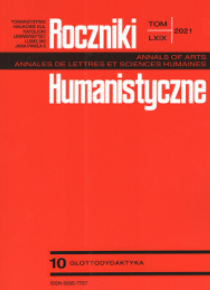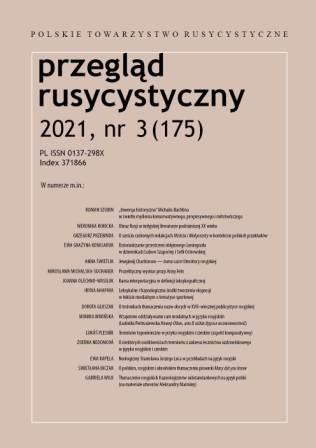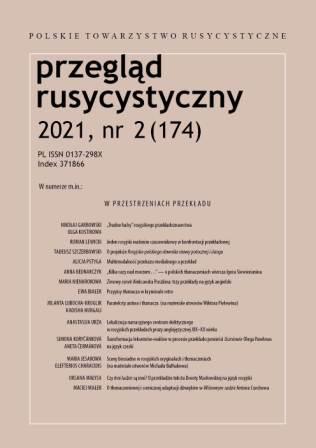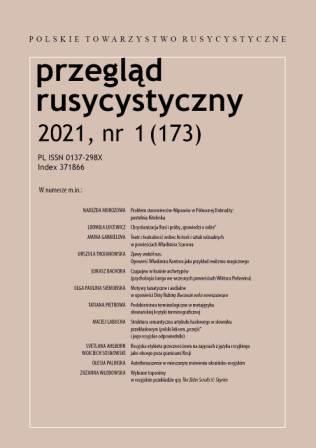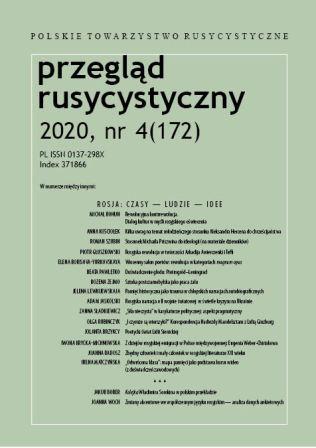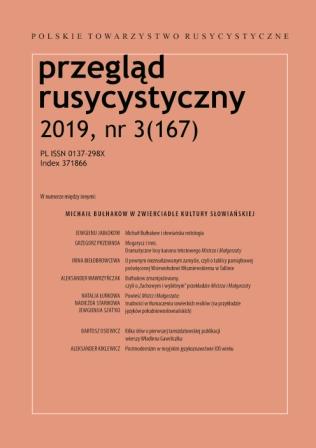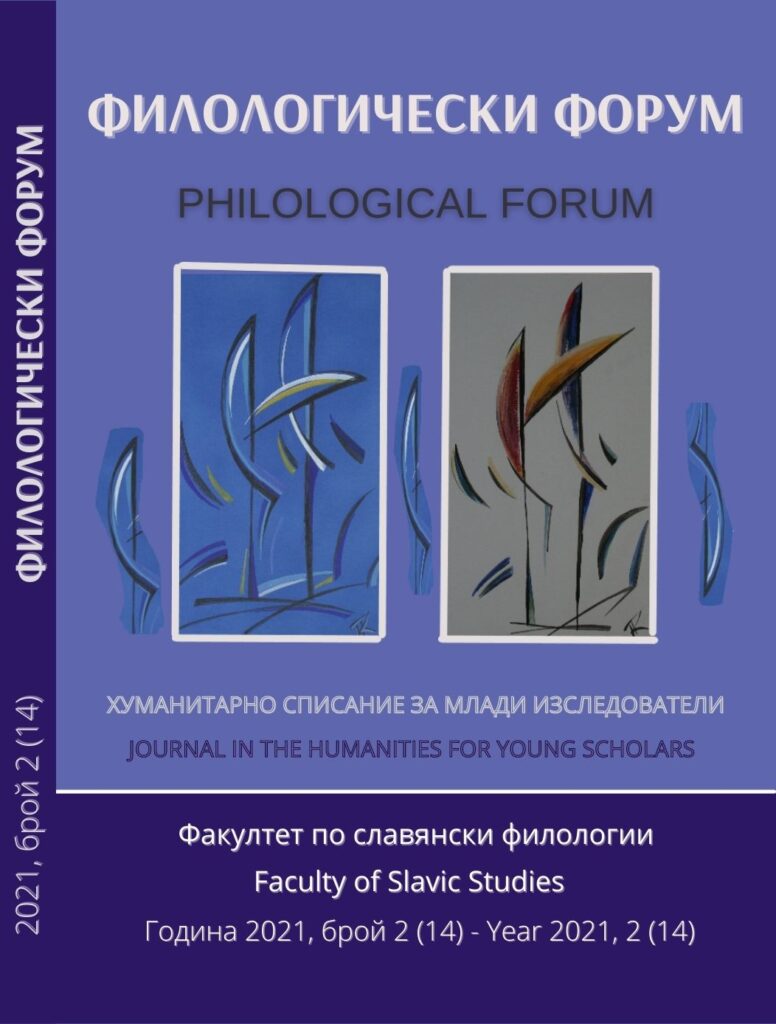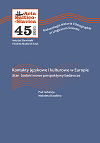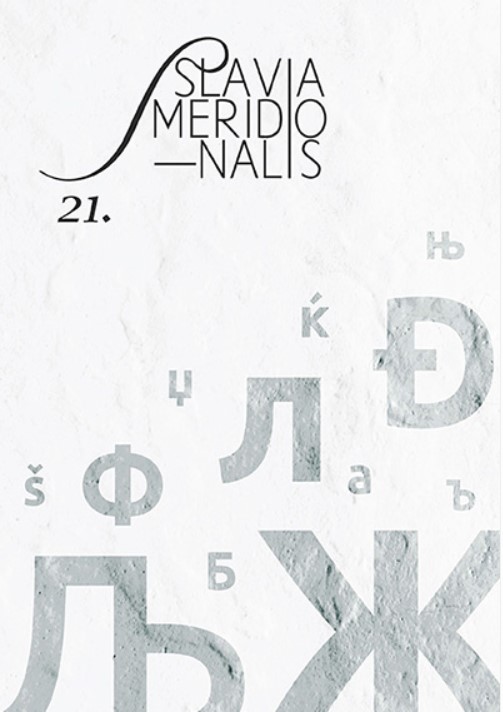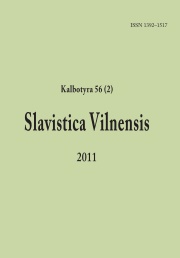
Из истории становления словацкого литературного языка: кодификация А. Бернолака и формирование нормы в текстах бернолаковцев А. Руднаи и Ф. К. Габела
This paper deals with Bernolák’s codification in comparison with the real form of Bernolák’s literary language presented in sermons of the Hungarian Cardinal A. Rudnay and translation of the religious treatise from German by Fr. X. Habel. This comparison shows that in real practice Bernolák’s language changed its character, coming nearer to norm of traditional Slovak writing. As a result typical elements, the most widespread in a West Slovak dialect or characterizing peripheral the Záhorie dialect of West Slovakia and the Czech language, forced out the elements concentrated in the Central Slovak dialect. The found out phenomena testifies that the norm essentially different from codification was formed in Bernolák‘s language.
More...
